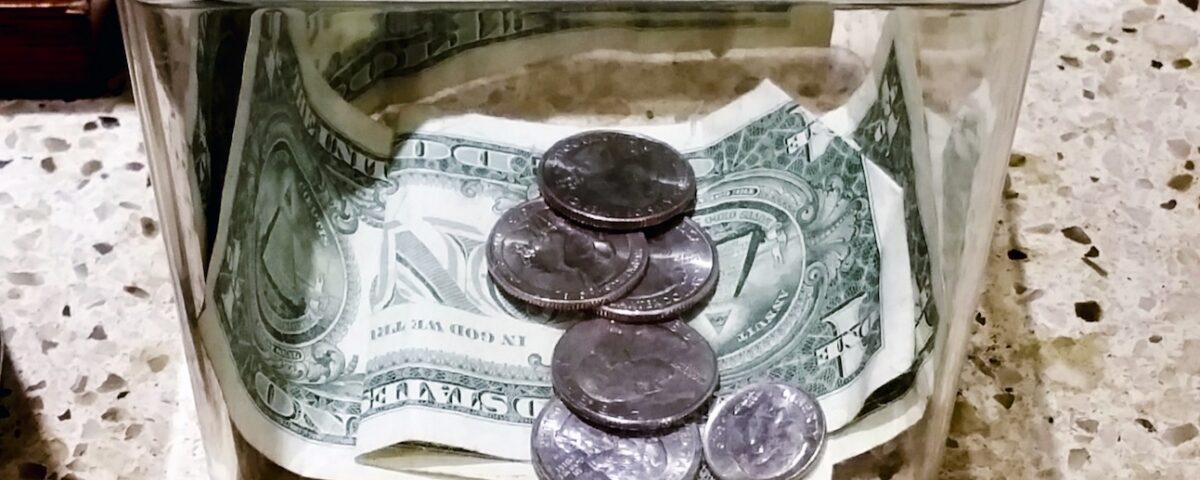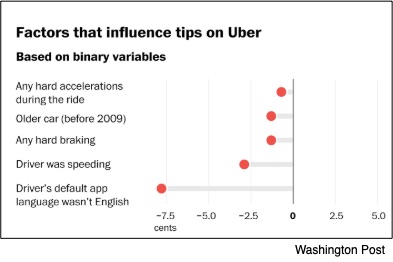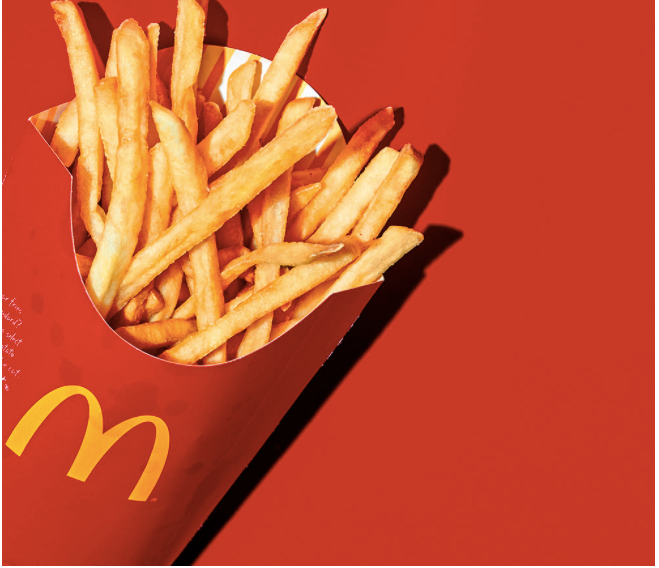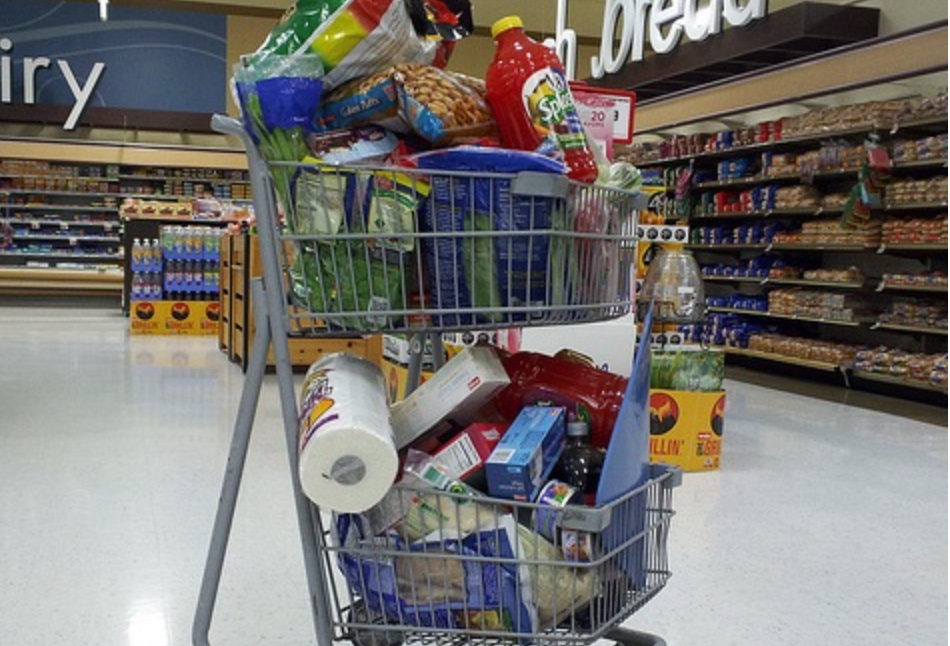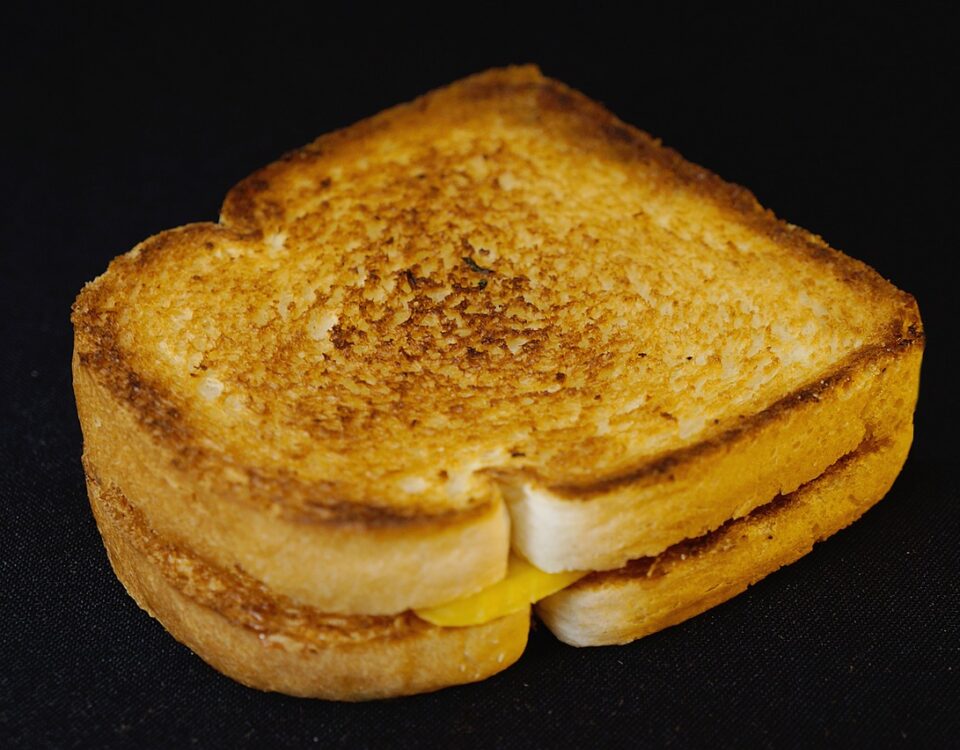
The Reasons For Health Inequality
November 13, 2019
What Red and Blue States Say About Sauces and Spreads
November 15, 2019In 2017, Uber added a tipping option to its app. Now, after looking at the data that relate to 40 million (or so) rides, four economists have a lot to tell us.
What Counts For Uber’s Tips
Your gender matters.
- Women tend to tip less than men, on average, 23 percent less. However, they do tip female drivers more than the men. Men also tip female drivers more but only when the women are younger. A 65 year-old female driver will get the same tip as a male driver from a male rider.
Your rating makes a difference
- Riders with 5 stars give drivers higher tips than those at 4.75. The difference is a 14 percent premium.
A mixture of drivers’ decisions affects us.
- Drivers with older cars get slightly lower tips. Riders also respond with less to someone who uses an app that is not in English and to “hard” acceleration and braking, And predictably they care about punctuality and congeniality.
Where and when influence us.
Wealthier zip codes can pull tips up as will the size of the fare (but not proportionally as much as the higher charge). Also, drivers in smaller cities receive bigger tips than those in the larger urban areas. As for when, rides between 3 a.m. and 5 a.m. attract a larger tip as will one on a Friday or Saturday evening at 6 p.m. Surprisingly, midnight calls generate less.
How much affects riders.
As the number of rides rose, tipping fell. For their first 15 trips, riders tipped approximately a quarter of the time. But once we get to the regulars at 275 rides, tipping frequency descends to 10 percent with tipping default suggestions having a minimal impact.
Our Bottom Line: Demand and Supply
Horrifyingly, 60 percent of Uber’s riders never tip while just one percent always do. So you can see why researchers call Uber tipping behavior a demand side story. Yes, driver decisions and location can matter. But whether we tip and how much is essentially a rider’s decision that the supply side won’t necessarily affect.
My sources and more: Not as good as it was with Ezra Klein, still, The Washington Post, Wonkblog occasionally has some clever articles like this one on tipping. From there, I checked the (un-gated version) of the NBER paper on which the article was based and then read what Wired said about the study.
![econlifelogotrademarkedwebsitelogo[1]](/wp-content/uploads/2024/05/econlifelogotrademarkedwebsitelogo1.png#100878)

